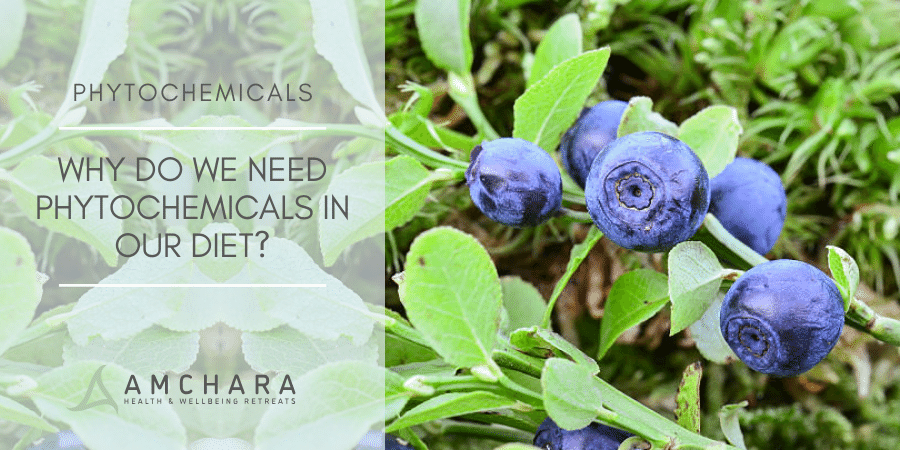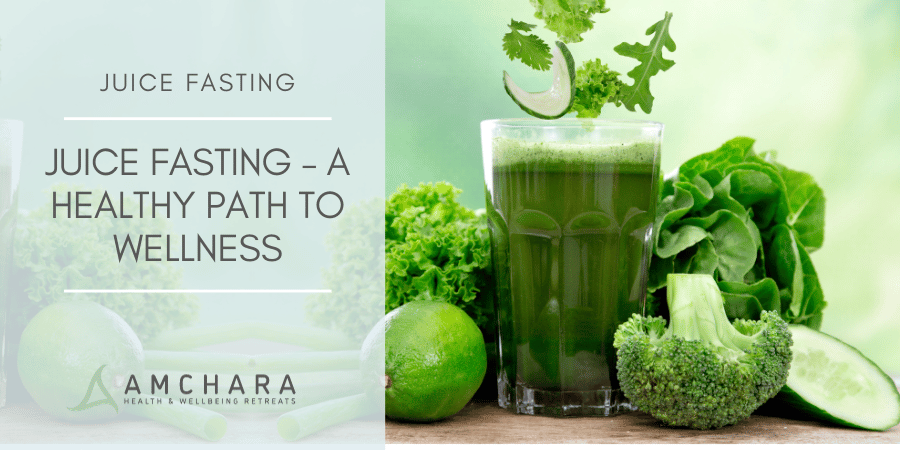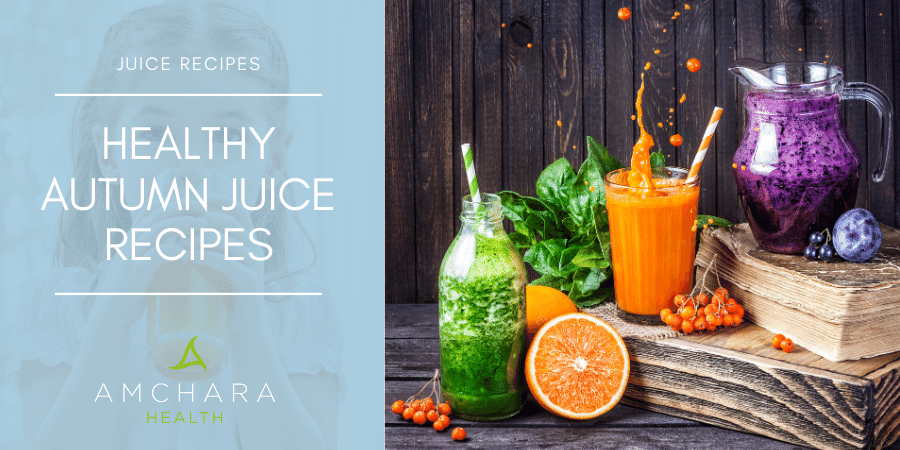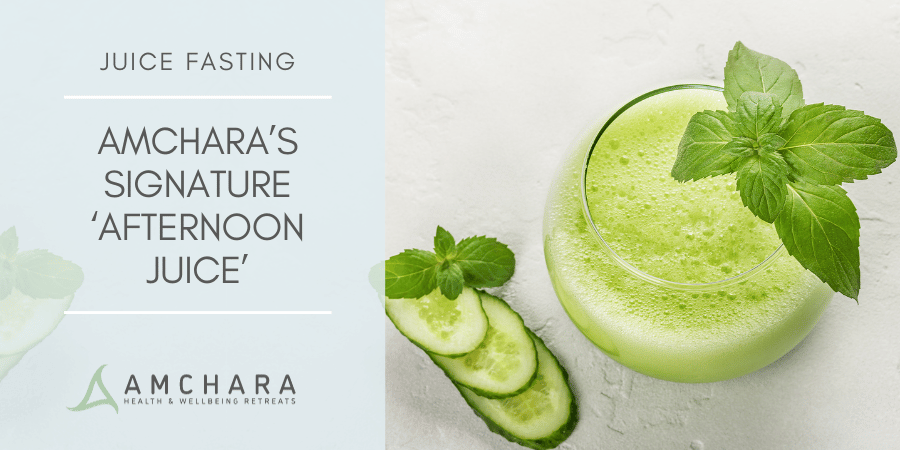Phytochemicals are chemical compounds found naturally in plants and their role is vital to the plant.
Phytochemicals protect plants from environmental concerns, including pests, climate and weather changes as well as bacteria and fungus that can spoil the plants or kill them off completely.
Although phytonutrients are not included in the list of essential nutrients for the human diet, studies have identified these chemical compounds as being beneficial to our health and they have been shown to play a great part in fighting off many chronic diseases including many cancers, diabetes, Alzheimer’s and heart disease.
The reason that phytochemicals are so valuable to us, according to research, is that they have an ability to fight free radicals and reduce the oxidative damage caused by free radicals on cells.
It is this oxidation process by free radicals that studies have linked to cancer and many other serious illnesses, and so of course the fact that phytochemicals can reduce this action is greatly beneficial to us.
Phytochemicals are found in all plant-based foods, and they fall into six categories that you may have heard of:
- Carotenoids
- Ellagic acid
- Flavonoids
- Resveratrol
- Glucosinolates
- Phytoestrogens
Each of the six types of phytochemicals has a number of specific chemicals in its list, such as allicin which is a flavonoid phytochemical found in garlic, hence the reason garlic has been used over the centuries for many ailments.
Many of the phytochemicals have an amazing ability to change the function of enzymes to help the body to fight off disease.
The chemical responsible for another interesting action is called indole-3-carbonyl, and it reduces the action of the hormone oestrogen, thus reducing the risk of breast and other female cancers and it can be found in many plant-based items including kale, cabbage and broccoli.
Phytochemicals called isoflavones have a direct effect in altering the action of hormones in relation to disease progressions, and this means that although levels are yet undetermined, isoflavones could be one day used to help regulate hormones to prevent hormone-dependent disease progression.
The truth is that we know that there are around 40,000 types of phytonutrients but we do not fully understand the workings of all of them.
Studies are ongoing into the vast health benefits that we can achieve through consuming foods rich in phytochemicals and we will one day be able to catalogue and fully understand each, but this will take years as there are so many that they all need to be researched and studied to fully understand them.
But what we do know is that the vast majority appear to have a positive effect on human health.
What are the health benefits of phytochemicals?
Joel H. Fuhrman, MD says:
Phytochemicals are key micronutrients needed for the body’s immune system.
In this video, I explain why it’s so important to include phytochemicals, found in natural foods and “G-bombs,” in your diet.
Where Do You Find Phytochemicals?
ROSANE OLIVEIRA writes on ucdintegrativemedicine.com, that the short answer is: ALL plant foods.
From beans to grains to fruits and vegetables, if it’s a plant, it contains phytochemicals.
The best way to get more phytochemicals is to eat 5-9 servings of fruits (blueberries, cranberries, cherries, apples…) and vegetables (cauliflower, cabbage, carrots, broccoli…) every day.
While it’s impossible to list the thousands of phytochemicals, here are some examples and where they can be found:
(Image Credit: ucdintegrativemedicine.com)







